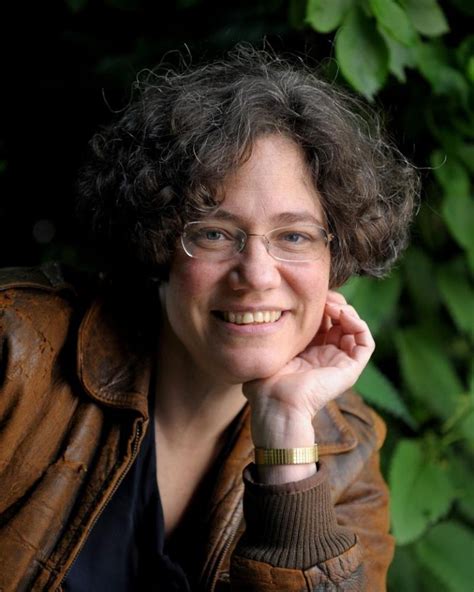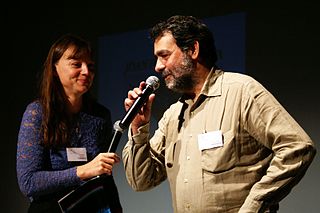A Quote by A. S. Byatt
Do I do as false prophets do and puff air into simulacra? Am I a Sorcerer--like Macbeth's witches--mixing truth and lies in incandescent shapes? Or am I a kind of very minor scribe of a prophetic Book--telling such truth as in me lies, with aid of such fiction as I acknowledge mine, as Prospero acknowledged Caliban.
Related Quotes
Don't lies eventually lead to the truth? And don't all my stories, true or false, tend toward the same conclusion? Don't they all have the same meaning? So what does it matter whether they are true or false if, in both cases, they are significant of what I have been and what I am? Sometimes it is easier to see clearly into the liar than into the man who tells the truth. Truth, like light, blinds. Falsehood, on the contrary, is a beautiful twilight that enhances every object.
One of the reasons [William] Shakespeare is so endlessly fascinating is that you can look at that figure from about 10 different angles: Caliban in Shakespeare's day was probably viewed as a sort of comic, barbarian type, but into the 19th century there were productions where Caliban was the hero. He's a potential rapist of a minor. Is that a good thing? No, it is not. On the other hand, Prospero's got him cooped up in a cave and tortures him if he doesn't do what Prospero wants. Is that a good thing? No. Shakespeare doesn't let you off easy.
Truth is not only stranger than fiction, it is more telling. To know that a thing actually happened gives it a poignancy, touches a chord, which a piece of acknowledged fiction misses. It is to touch this chord that some authors have done everything they could to give you the impression that they are telling the plain truth.
No one who lies is linked to God. God is the truth. He says, 'I am the Way, the Truth and the Life' (Jn. 14:6). See how we sort ourselves out and what position we take up through lying ? clearly on the side of the evil one. If, therefore, we want to be saved, we must with all our hearts love the Truth and guard ourselves from every kind of falsehood so that we may not be separated from truth and from life.
Lies 1: There is only the present and nothing to remember. Lies 2: Time is a straight line. Lies 3: The difference between the past and the futures is that one has happened while the other has not. Lies 4: We can only be in one place at a time. Lies 5: Any proposition that contains the word 'finite' (the world, the universe, experience, ourselves...) Lies 6: Reality as something which can be agreed upon. Lies 7: Reality is truth.
I am not only convinced that what I say is false, but also that what one might say against it is false. Despite this, one must begin to talk about it. In such a case the truth lies not in the middle, but rather all around, like a sack, which, with each new opinion one stuffs into it, changes its form, and becomes more and more firm.
Burroughs called his greatest novel 'Naked Lunch,' by which he meant it's what you see on the end of a fork. Telling the truth. It's very difficult to do that in fiction because the whole process of writing fiction is a process of sidestepping the truth. I think he got very close to it, in his way, and I hope I've done the same in mine.






































